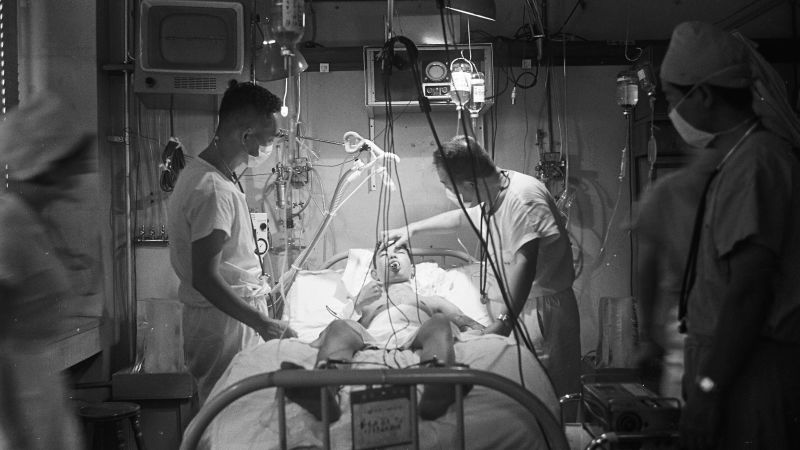Xenotransplantation—the practice of transplanting organs across species—has taken the medical field by storm in recent years, especially as a potential solution to the chronic shortage of human organs available for transplant. This radical approach, once the stuff of science fiction, has garnered interest as early experiments yield promising results. Today, organ transplants are a common procedure in the United States, with over 48,000 performed last year, yet the journey to reach this stage has been both arduous and fascinating.
Historically, the concept of organ transplanting isn’t new. The groundwork began to take shape over a century ago, particularly in the early 20th century. In 1906, Dr. Mathieu Jaboulay conducted one of the first documented xenotransplantation attempts. He attached a pig kidney to a 48-year-old woman’s elbow; remarkably, the kidney managed to produce urine for a brief period, demonstrating that cross-species organ transplanting was possible. Unfortunately, the transplant’s success was fleeting, as the kidney ultimately failed, and the patient succumbed to an infection shortly thereafter.
Moving to the mid-20th century, Dr. Joseph E. Murray performed the first successful human organ transplant at Brigham and Women’s Hospital in Boston in 1954. This groundbreaking procedure involved a kidney from Ronald Herrick transplanted into his twin brother, Richard Herrick, whose immune system accepted the organ as though it were its own. This pivotal event solidified the potential for organ transplants and the importance of finding compatible donors. However, the lack of immunosuppressive therapies at that time presented a challenge since most transplant cases faced rejection from the recipient’s body.
Through the subsequent decades, significant advancements arose from experimentation with different organ types, notably kidneys, livers, and hearts. The 1960s witnessed South African surgeon Dr. Christiaan Barnard performing the first heart transplant in 1967. His work opened the floodgates to further innovations in transplantation, and advancements in immunosuppressants in the 1990s, such as cyclosporine, allowed more complex and varied surgeries, including face and hand transplants.
However, as research progressed, the realization dawned that reliance on human donors couldn’t completely address the glaring organ shortage. This predicament led scientists to pivot back towards xenotransplantation in the late 20th century. Initially drawn to primates for their anatomical similarities to humans, researchers faced logistical issues and ethical dilemmas. Eventually, pigs emerged as a more viable donor option due to their rapid reproduction rates and compatibility considerations.
The breakthrough came in the 2000s with the advent of gene editing technologies like CRISPR, which allowed scientists to modify pig DNA to make the organs more compatible for human use. This scientific ingenuity paved the way for successful trials of pig organ transplants into non-human primates.
In September 2021, significant headlines were made when a genetically engineered pig kidney was transplanted to a brain-dead patient at NYU. This kidney functioned properly and was resistant to rejection for an impressive 54 hours. Following this successful trial, January 2022 saw the first xenotransplant into a living human being—David Bennett, who was on the brink of death due to severe heart failure, received a genetically modified pig heart. He survived for two additional months, marking a monumental achievement in the field.
As researchers move forward, a promising era is on the horizon. Companies like United Therapeutics are collaborating with academic institutions to further streamline xenotransplantation technologies, aiming to transition these experiments into multicenter clinical trials. The goal is not only to alleviate the organ shortage crisis but also to envision personalized organ solutions utilizing advanced techniques such as 3D printing and stem cell applications.
In conclusion, the evolution of xenotransplantation is a compelling narrative proving that hope is within reach for many patients awaiting organ transplants. The merging of scientific curiosity and ethical considerations will guide this transformative journey in organ transplantation, shaping the future of medical science while potentially saving countless lives.












